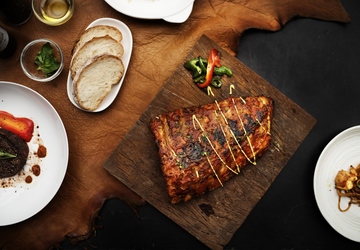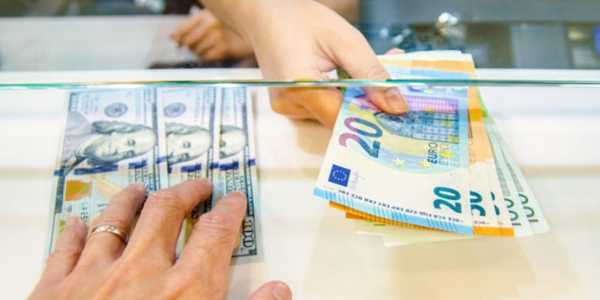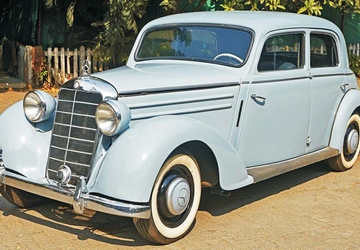Traveling abroad is exciting—until you notice how much you’ve lost to exchange fees. Whether it’s a bad rate, ATM surcharge, or card fee, the cost adds up fast. This guide focuses on how to avoid exchange fees with smart foreign currency tips and the best travel cards.
Why Do You Get Charged Currency Exchange Fees?
Every time you spend in a foreign currency, there’s a chance someone is taking a cut. It could be your bank, the card network, the ATM operator, or a currency exchange booth. These costs come in a few forms:
- Foreign transaction fees are typically 1–3% added to purchases made abroad.
- ATM fees are charged both by your bank and the machine you use.
- Unfavorable exchange rates, especially at airports or hotel counters.
While they may seem small per transaction, they quickly snowball. If you’re not paying attention, you could end up losing hundreds on a longer trip. But you don’t have to accept those losses as part of travel.
What’s The Best Way To Carry Money Abroad?
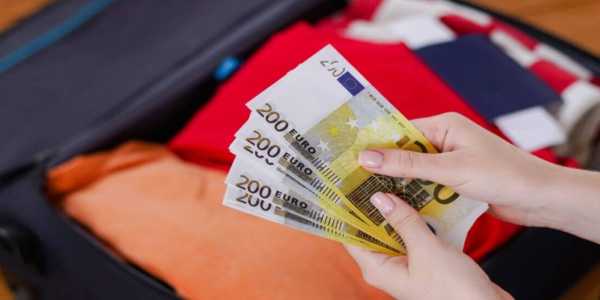
Carrying large amounts of local cash has become outdated—and risky. You might get a poor rate before you leave, and carrying too much paper currency can leave you vulnerable to theft.
Instead, the better approach is to mix methods:
- Bring a modest amount of foreign cash before leaving, just for essentials upon arrival.
- Use a travel card with no foreign transaction fees for most purchases.
- Withdraw local currency from ATMs when needed, but only with the right card to minimize fees.
This way, you reduce exposure to bad exchange rates while still staying flexible.
Which Cards Help You Avoid Exchange Fees?
Picking the right card is one of the easiest ways to avoid exchange fees. Whether paying at restaurants, booking tours, or shopping, using the right credit or debit card makes a noticeable difference.
Look for travel cards that offer:
- No foreign transaction fees—this is essential.
- Low or refunded ATM fees—especially if you’ll need cash often.
- Real-time currency conversion at close to the mid-market rate.
- Widespread acceptance on international networks like Visa or Mastercard.
Examples of popular travel-friendly cards include:
- Charles Schwab Debit Card– No foreign ATM fees, full reimbursements.
- Capital One Venture Rewards– No foreign transaction fees, widely accepted.
- Wise or Revolut Cards– Great for digital currency exchange with real-time rates.
Make sure to set up your card for international use, and notify your bank about your travel dates to avoid blocks.
Is It Better To Exchange Money Before Traveling Or Abroad?
Many travelers think it's best to exchange cash at home before flying. Others wait until they land and go straight to the first counter they see. Both usually get you a poor deal.
Currency exchange booths at airports, hotels, or tourist zones typically offer the worst rates. They profit from inflated markups.
A better approach is to withdraw cash at a local bank ATM using a low-fee travel card. You’ll get a much fairer exchange rate, closer to the actual market rate.
If you’re concerned about arriving without local money, exchange a small amount from your bank before your trip—but skip the bulk transactions until you’re at your destination.
What About Using Cash Vs. Cards Abroad?
You’ll probably need both. Cards are better for most purchases. They’re easier to track, more secure, and often cheaper. But some cash will still come in handy, especially for places that don’t accept cards—like street vendors or small rural businesses.
Here’s a smarter balance:
- Use cards for restaurants, hotels, tours, and online bookings.
- Use cash for taxis, snacks, and tipping.
Limit your cash withdrawals to avoid repeated ATM charges. When you do need cash, avoid ATMs in touristy spots or malls, and instead use those located inside actual bank branches.
Should You Choose Local Currency Or Home Currency At Checkout?
This one’s simple: Always choose local currency when making a payment or withdrawal abroad.
Merchants and ATMs often ask whether you want to be charged in your home currency instead. It seems convenient, but it’s a trick called dynamic currency conversion.
Here’s why it’s bad:
- The exchange rate is almost always worse.
- You may pay additional hidden fees.
Saying yes to being billed in your own currency hands over control to the merchant’s processor. Saying no keeps the exchange in your card provider’s hands, which usually means less markup and a better deal.
How Can You Avoid Atm Fees Abroad?
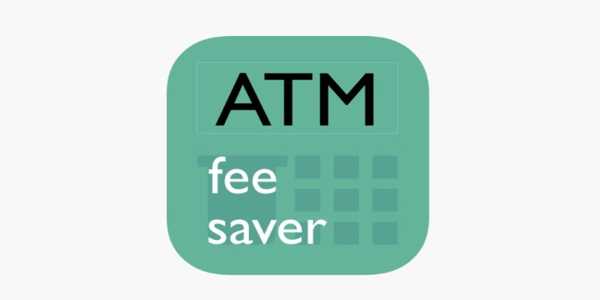
The ATM is a convenient way to get local currency, but the fees can add up. Here’s how to lower or avoid them entirely:
- Use travel cards that refund ATM fees, like Schwab or Wise.
- Stick to large bank-owned ATMs, which tend to charge fewer surcharges.
- Withdraw larger amounts less frequently to reduce the frequency of fees.
- Always choose local currency at the ATM screen, not your home currency.
You can also use mapping tools to find fee-free ATMs. Apps like ATM Fee Saver or Google Maps reviews often indicate which machines are more favorable to tourists.
Are Digital Wallets Or Mobile Payments Reliable While Traveling?
In many countries, they’re not just reliable—they’re preferred. Mobile payments are safe, fast, and don’t come with the extra fees that come with converting cash.
Services like Apple Pay, Google Pay, or Samsung Pay use the same network as your card. If your card has no foreign transaction fees, the mobile payment won’t either.
Just make sure to:
- Download and set up your wallet before the trip.
- Keep your phone unlocked and charged.
- Carry a backup card in case digital payments aren’t accepted.
In more remote areas, cash still plays a larger role. But in most major cities, mobile wallets are accepted everywhere from shops to buses.
What Other Foreign Currency Tips Can Help?
A few extra habits can make sure you avoid exchange fees even more effectively:
- Monitor exchange rates with apps like XE to get a sense of fair pricing.
- Avoid paying in USD abroad, even if it’s accepted—local pricing is almost always better.
- Use apps like Wise or Revolut, for instance, for cheap currency conversion and budgeting.
- Keep backup payment methods, including a second card in case of theft or a frozen account.
Be especially careful at hotels, car rental counters, and tourist hotspots. These are places where dynamic currency conversion is pushed hard. Always double-check how you're being charged.
Keeping More Of Your Money While Traveling
Avoiding exchange fees isn’t about complicated tricks—it’s about using the right cards, saying no to conversion traps, and being smart about where you withdraw cash. With a little planning, you can stretch your travel budget further and enjoy more of your trip without hidden charges eating into it.
